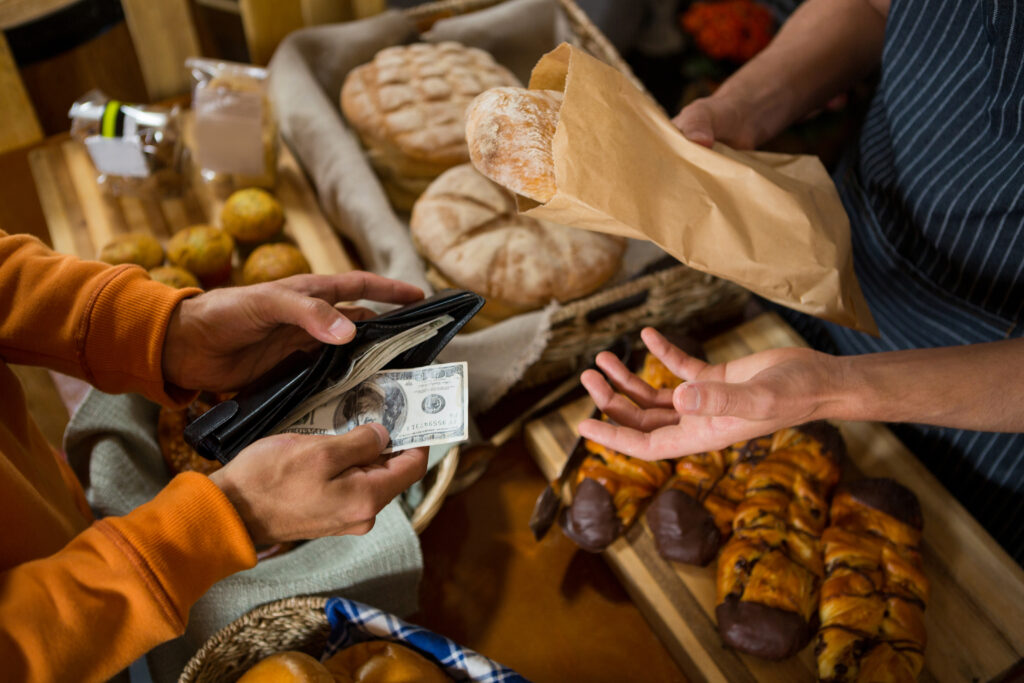The recent call for a federal ban on price gouging by Vice President Kamala Harris has ignited a significant debate within the food industry and among economists. As Harris prepares to formally accept her nomination as the Democratic candidate for the 2024 Presidential Election, her proposal is drawing both support and criticism, particularly from those who believe it may do more harm than good for consumers. But what is price gouging, and why has Harris’ proposal stirred such controversy?
Price gouging refers to the practice of raising prices on essential goods to an exorbitant level, often during emergencies. Harris’ proposal aims to curb this practice at the national level, but industry groups are wary.
The Meat Institute, for example, argues that a federal ban doesn’t address the underlying causes of inflation, such as rising production costs. Julie Anna Potts, President and CEO of the Meat Institute, emphasized that major meat companies have suffered losses, with some even shutting down facilities during the current administration.
The National Chicken Council (NCC) echoed similar concerns, with interim president Gary Kushner criticizing the administration for targeting the meat and poultry sectors as scapegoats. According to Kushner, inflation is widespread, affecting various sectors beyond just groceries.
Related: Profiteering in the Food Industry: Fact or Fiction?
Harris’ proposal has also been scrutinized by economists who question its effectiveness. Luis Cabral, an economics professor at New York University, expressed skepticism in Newsweek about the need for a federal ban, pointing out that many states already have price gouging laws in place.
Moreover, Gavin Roberts of Weber State University told CNN that such a ban might hinder market competition rather than enhance it. Roberts argues that while Harris’ proposal is intended to protect consumers, it could inadvertently preserve the status quo, making it more challenging for new businesses to enter the market and drive prices down.
Critics have likened Harris’ proposal to Soviet-era price controls, dubbing it “Kamunism.” However, it’s important to note that anti-price gouging laws are not the same as broad price controls. These laws are typically triggered by emergencies, such as natural disasters, and are enforced by state attorneys general. They target specific, egregious price hikes and allow businesses to justify increases if their costs have risen.
Currently, 38 states, including large ones like Texas and California, have price gouging laws. Harris’ proposed federal ban would primarily affect large corporations, potentially offering the federal government greater power to regulate pricing during crises.
While the idea of banning price gouging resonates with many Americans, the specifics of Harris’ proposal remain unclear, leaving room for speculation and concern. The key question remains: What is price gouging in the context of this potential federal law, and will it ultimately protect consumers or hinder market dynamics? Only time will tell how this debate will unfold as Harris’ campaign progresses.
If you want your company to be featured on Xtalks.com, please email [email protected].












Join or login to leave a comment
JOIN LOGIN